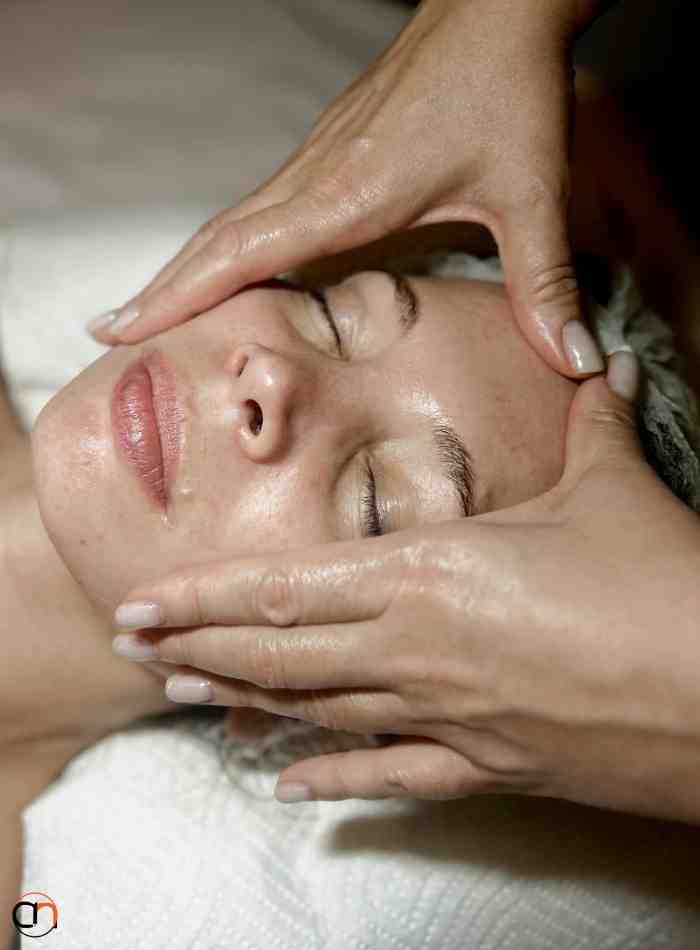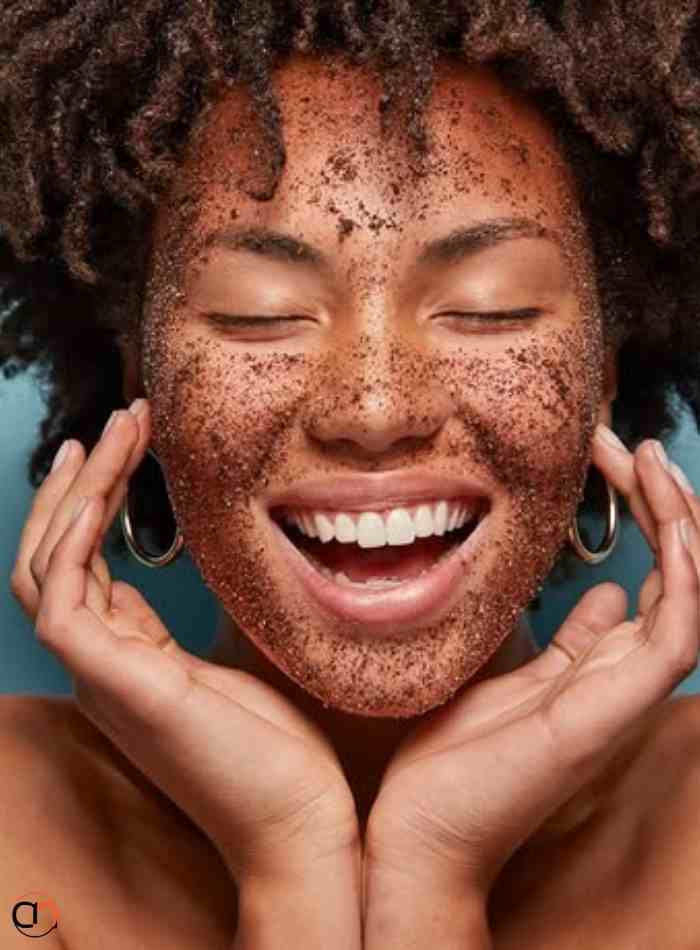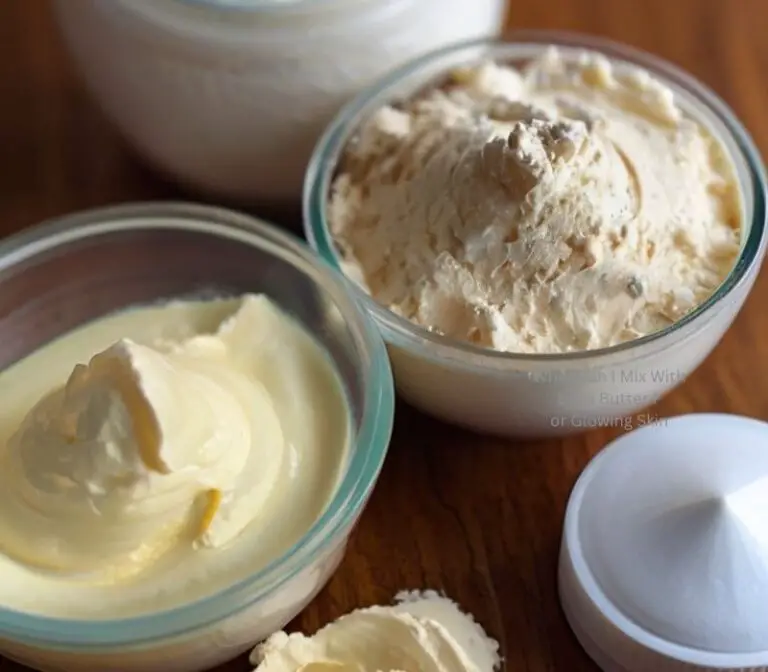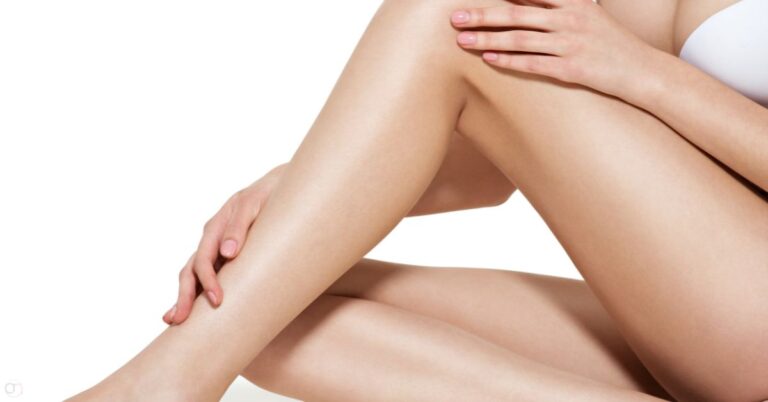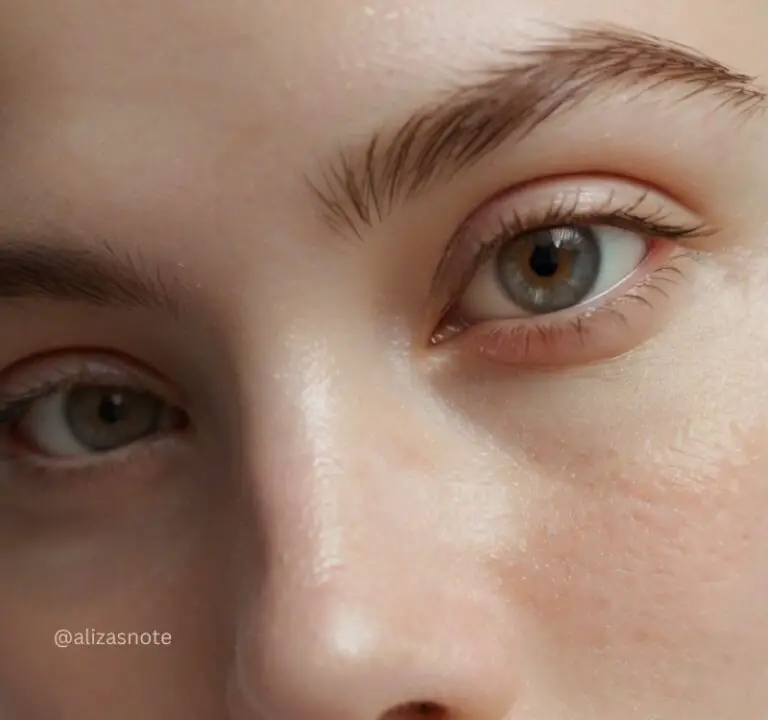Beautiful Skin Care Tips
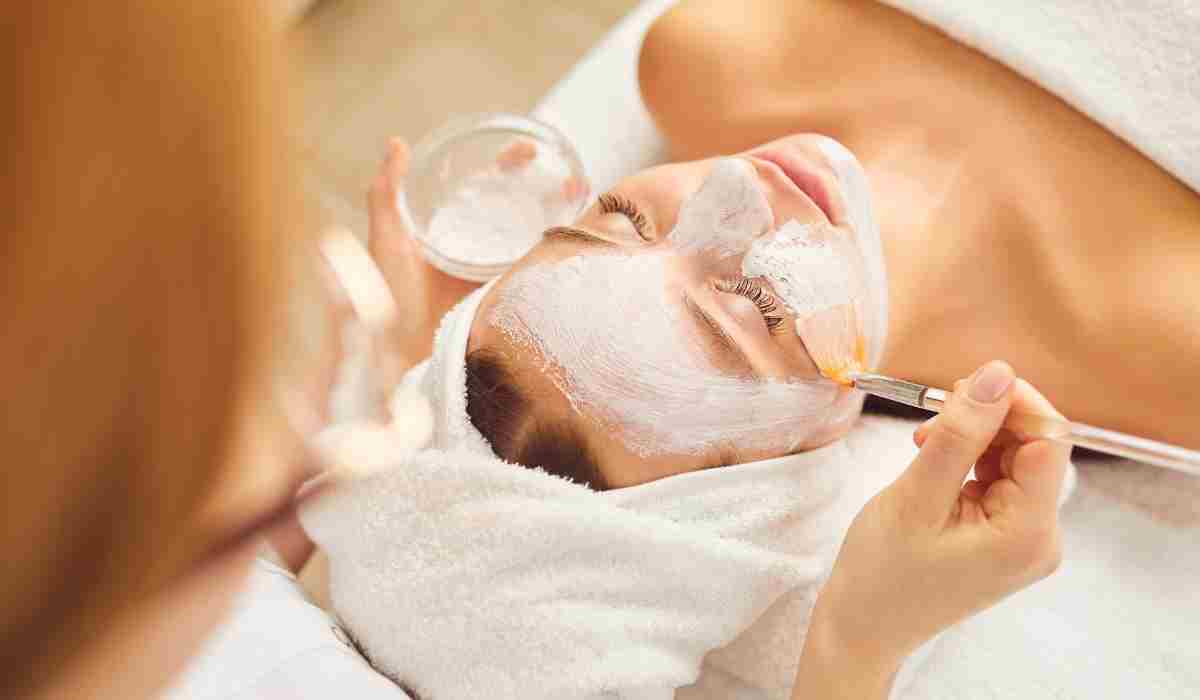
When it comes to beauty, glowing and radiant skin is one of the most desirable traits. Healthy, glowing skin not only enhances your appearance but also boosts confidence and reflects overall well-being.
Beautiful skincare is not just about applying products; it’s a holistic approach to nourishing, protecting, and maintaining your skin. Whether you’re dealing with acne, dry patches, or fine lines, the right skincare routine can make a world of difference.
In this comprehensive guide, we will walk you through Beautiful Skin Care tips, routines, and lifestyle habits that will help you achieve beautiful skin.
From the basic steps to advanced techniques, you’ll find the tools you need to unlock your skin’s natural glow.
Beautiful Skin Care Tips: Cleanse and Hydrate
The most important rule for achieving beautiful skin is to always start with a clean canvas. Cleansing your skin removes dirt, oil, makeup, and other impurities that can clog pores and lead to breakouts. Hydration is also crucial, as it helps keep your skin moisturized, plump, and smooth.
1. Cleansing: Choose the Right Cleanser
The key to effective cleansing is using the right product for your skin type. If you have oily skin, opt for a foaming or gel-based cleanser that helps remove excess oil. For dry or sensitive skin, choose a cream or milk-based cleanser that hydrates while cleaning.
-
Foam or Gel Cleansers: Ideal for oily or combination skin, these cleansers deep clean the skin without stripping its natural oils. Look for formulas with salicylic acid or tea tree oil if you’re prone to acne.
-
Cream or Milk Cleansers: Best for dry or sensitive skin, these cleansers are more hydrating and gentle. They remove impurities without causing irritation or dryness.
Regardless of your skin type, always make sure to cleanse your face twice a day—once in the morning to remove any oil or sweat that accumulated overnight, and once at night to remove makeup, sunscreen, and the buildup from environmental exposure.
2. Hydration: Don’t Skip Moisturizer
Even if you have oily skin, moisturizing is essential. Skipping moisturizer can actually make your skin produce more oil to compensate, leading to more acne or dryness. A good moisturizer locks in hydration and keeps the skin soft and supple.
-
Lightweight Moisturizers: If you have oily skin, go for an oil-free or gel-based moisturizer that provides hydration without clogging pores.
-
Rich Moisturizers: For dry or mature skin, use a richer cream that helps restore moisture and elasticity to your skin.
Apply moisturizer on damp skin to lock in moisture. It’s also a good idea to use a product with added SPF during the day to protect your skin from harmful UV rays.
3. Exfoliation: Reveal Your Radiance
Exfoliation is one of the best ways to get smooth, radiant skin. By removing dead skin cells from the surface, exfoliation reveals the fresh, healthy skin underneath. It also helps improve circulation, which contributes to a glowing complexion.
Types of Exfoliants
There are two main types of exfoliants: physical and chemical.
-
Physical Exfoliants: These products contain small grains or beads that scrub the surface of the skin. While they can be effective, they should be used with caution, as they can cause microtears in the skin if used too harshly.
-
Chemical Exfoliants: These exfoliants contain active ingredients like alpha-hydroxy acids (AHAs) or beta-hydroxy acids (BHAs), which dissolve dead skin cells without scrubbing. These are great for sensitive skin and can provide deeper exfoliation.
Exfoliate once or twice a week, depending on your skin’s sensitivity. Over-exfoliating can lead to irritation, so make sure to listen to your skin’s needs.
Scrub Gently
When using a physical exfoliant, be gentle. Scrubbing too harshly can irritate the skin and lead to redness or sensitivity. Always use a gentle touch and choose an exfoliator with fine grains or beads that won’t cause damage.
4. Anti-Aging: Prevent and Reverse the Signs of Aging
As we age, our skin naturally loses elasticity, which can lead to wrinkles, fine lines, and sagging. However, with the right skincare routine, you can slow down the visible signs of aging and keep your skin looking youthful.
Incorporate Retinoids
Retinoids, including retinol, are one of the most powerful anti-aging ingredients. These derivatives of Vitamin A increase cell turnover, which helps to reduce fine lines, wrinkles, and age spots. Retinol can also help treat acne by unclogging pores.
-
Start Slowly: If you’re new to retinol, start by applying it a few times a week to allow your skin to build tolerance. Overuse can lead to dryness or irritation.
-
Pair with Sunscreen: Retinol can make your skin more sensitive to the sun, so it’s crucial to use sunscreen daily when incorporating this ingredient into your routine.
Use Vitamin C for Brightening
Vitamin C is another excellent ingredient that helps brighten the skin, even out skin tone, and reduce the appearance of dark spots. It’s a powerful antioxidant that protects the skin from free radicals that can accelerate the aging process. Apply a Vitamin C serum in the morning before moisturizing and sunscreen.
5. Targeted Treatments for Specific Skin Concerns
Different skin concerns require different treatments. Whether you’re dealing with acne, dark spots, or dryness, there are targeted solutions that can help improve your skin’s health.
Acne Treatment
For acne-prone skin, look for products containing benzoyl peroxide, salicylic acid, or tea tree oil. These ingredients fight acne by reducing inflammation, killing bacteria, and unclogging pores.
-
Spot Treatment: Apply acne treatments directly to blemishes. These treatments work quickly to reduce the size and redness of pimples.
-
Gentle Face Masks: Clay or charcoal masks are great for acne-prone skin as they absorb excess oil and impurities.
Hyperpigmentation and Dark Spots
If you’re struggling with dark spots or uneven skin tone, incorporate ingredients like niacinamide, alpha arbutin, or licorice extract. These ingredients can help brighten and even out skin tone over time.
-
Hydroquinone: This skin-lightening agent helps to fade dark spots, but it should be used with caution as it can cause irritation in some people.
-
Vitamin C: As mentioned earlier, Vitamin C is great for brightening dark spots and promoting a more even skin tone.
6. Lifestyle Habits for Beautiful Skin
Achieving beautiful skin is not just about the products you use—it’s also about the lifestyle choices you make. A balanced diet, proper hydration, and a healthy routine all play a role in maintaining healthy skin.
Eat a Skin-Loving Diet
What you put into your body directly affects your skin. A diet rich in antioxidants, vitamins, and minerals can help promote clear and glowing skin. Focus on foods like:
-
Leafy Greens: Spinach, kale, and other dark leafy greens are packed with antioxidants and vitamins that support skin health.
-
Healthy Fats: Avocados, nuts, and seeds contain healthy fats that help maintain skin’s elasticity and moisture.
-
Berries: Rich in Vitamin C, berries like strawberries, blueberries, and raspberries help reduce inflammation and brighten the skin.
Hydrate, Hydrate, Hydrate
Drinking plenty of water is essential for skin health. Dehydrated skin can look dull and dry, leading to premature aging and irritation. Aim to drink at least 8 glasses of water a day, and consider adding hydrating foods like cucumbers and watermelon to your diet.
Get Enough Sleep
Sleep is when your body repairs itself, including your skin. Aim for 7-9 hours of quality sleep each night to allow your skin to rejuvenate. Poor sleep can lead to dark circles, puffiness, and dull skin.
Manage Stress
Chronic stress can lead to skin flare-ups, such as acne or eczema. Incorporating stress-relieving activities like yoga, meditation, or simply spending time outdoors can have a positive effect on your skin’s health.
7. Protect Your Skin from the Sun
One of the most important aspects of beautiful skincare is sun protection. The sun’s harmful UV rays can cause premature aging, wrinkles, and skin cancer. Always wear sunscreen with at least SPF 30, even on cloudy days. Reapply every two hours when outdoors, and wear protective clothing, hats, and sunglasses when necessary.
Take Away:
Achieving beautiful skin is a combination of the right skincare routine, healthy lifestyle choices, and consistent care. By focusing on cleansing, moisturizing, exfoliating, and protecting your skin, along with incorporating the right ingredients, you can maintain a healthy, glowing complexion.
Beautiful skin doesn’t happen overnight, but with patience and dedication, you’ll start to see the results. Remember, healthy skin is the foundation of beauty, so treat your skin with the love and care it deserves.
Find More: Best Kids Skin Care Tips
FAQs:
1. What is the best skincare routine for glowing skin?
A good skincare routine for glowing skin includes cleansing, moisturizing, exfoliating, and sun protection. Start with a gentle cleanser, followed by a hydrating moisturizer. Exfoliate 1-2 times a week, and always use a broad-spectrum sunscreen with SPF 30 or higher.
2. How often should I exfoliate my skin?
Exfoliate your skin 1-2 times a week, depending on your skin type. If you have sensitive skin, once a week is sufficient. Over-exfoliating can irritate the skin, so be gentle and avoid scrubbing too hard.
3. How can I prevent wrinkles and fine lines?
To prevent wrinkles and fine lines, incorporate anti-aging products like retinoids, Vitamin C serums, and moisturizers with hyaluronic acid. Always wear sunscreen to protect your skin from harmful UV rays, which accelerate aging.
4. What foods are good for healthy skin?
Foods rich in antioxidants, vitamins, and healthy fats are great for your skin. Include leafy greens, berries, avocados, nuts, and fatty fish like salmon. Drinking plenty of water also helps keep your skin hydrated.
5. How can I get rid of dark spots and hyperpigmentation?
Dark spots can be lightened with products containing Vitamin C, niacinamide, or alpha arbutin. Regular use of sunscreen is crucial to prevent further darkening. For stubborn spots, consider consulting a dermatologist for treatments like chemical peels or laser therapy.
